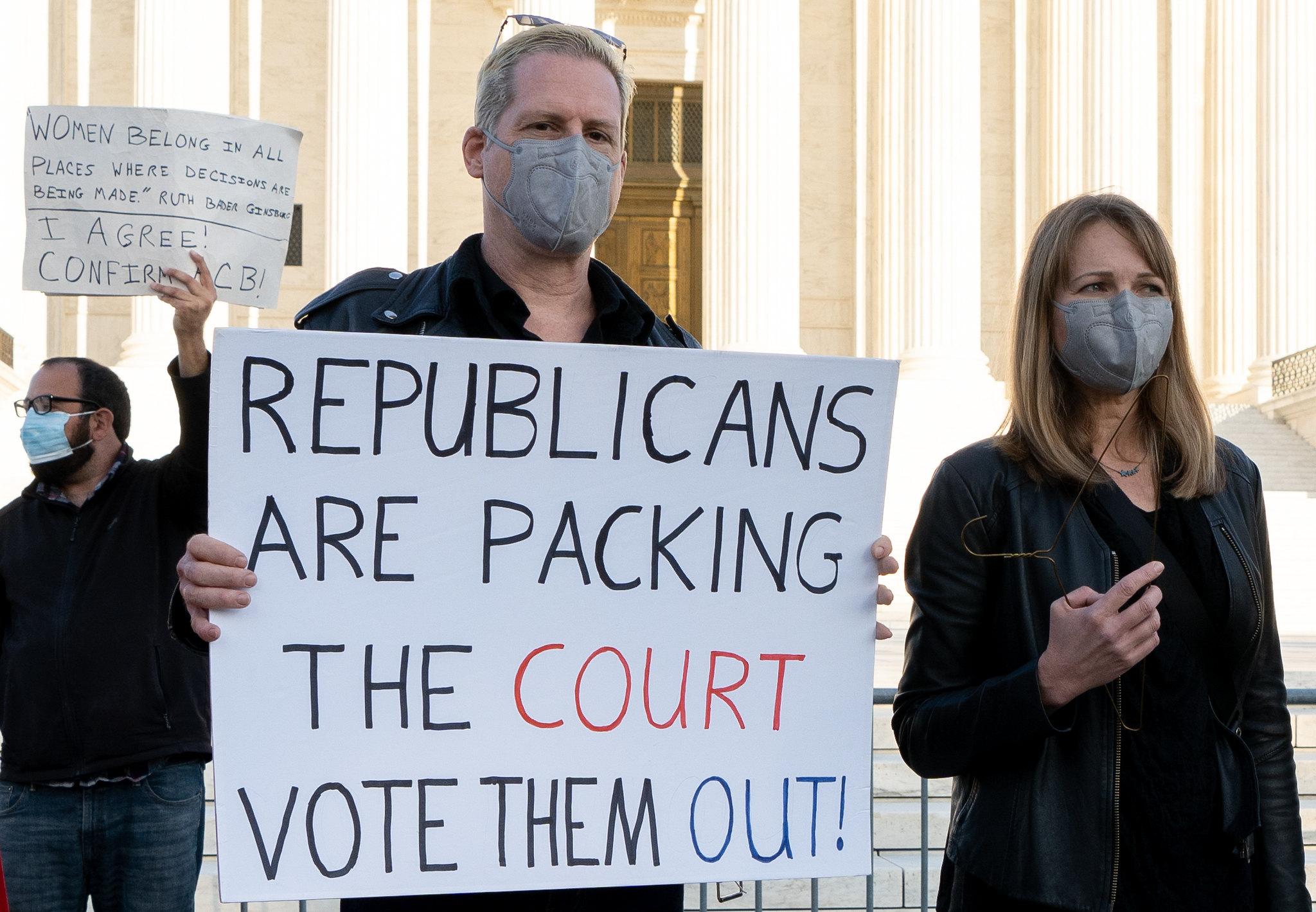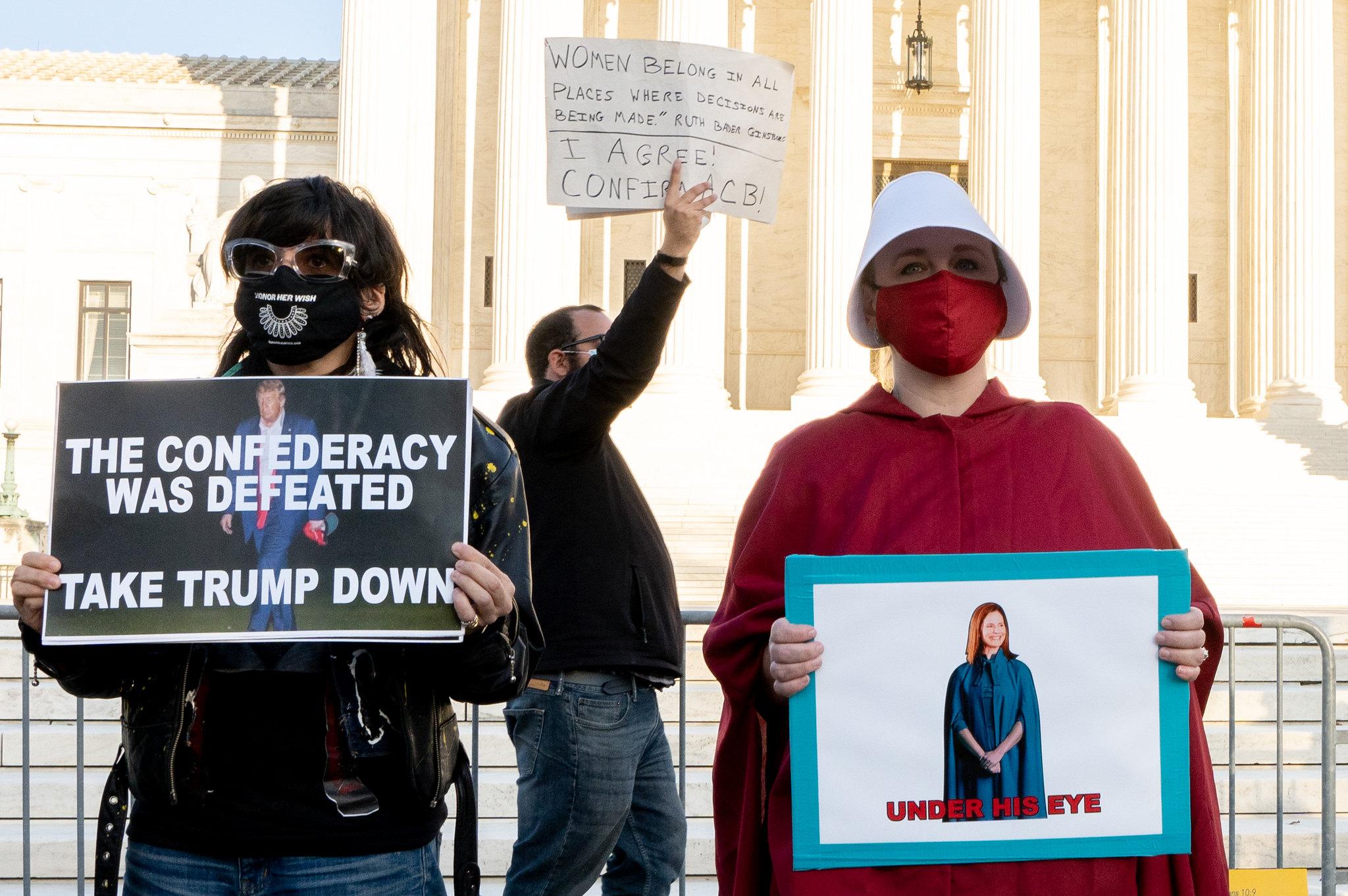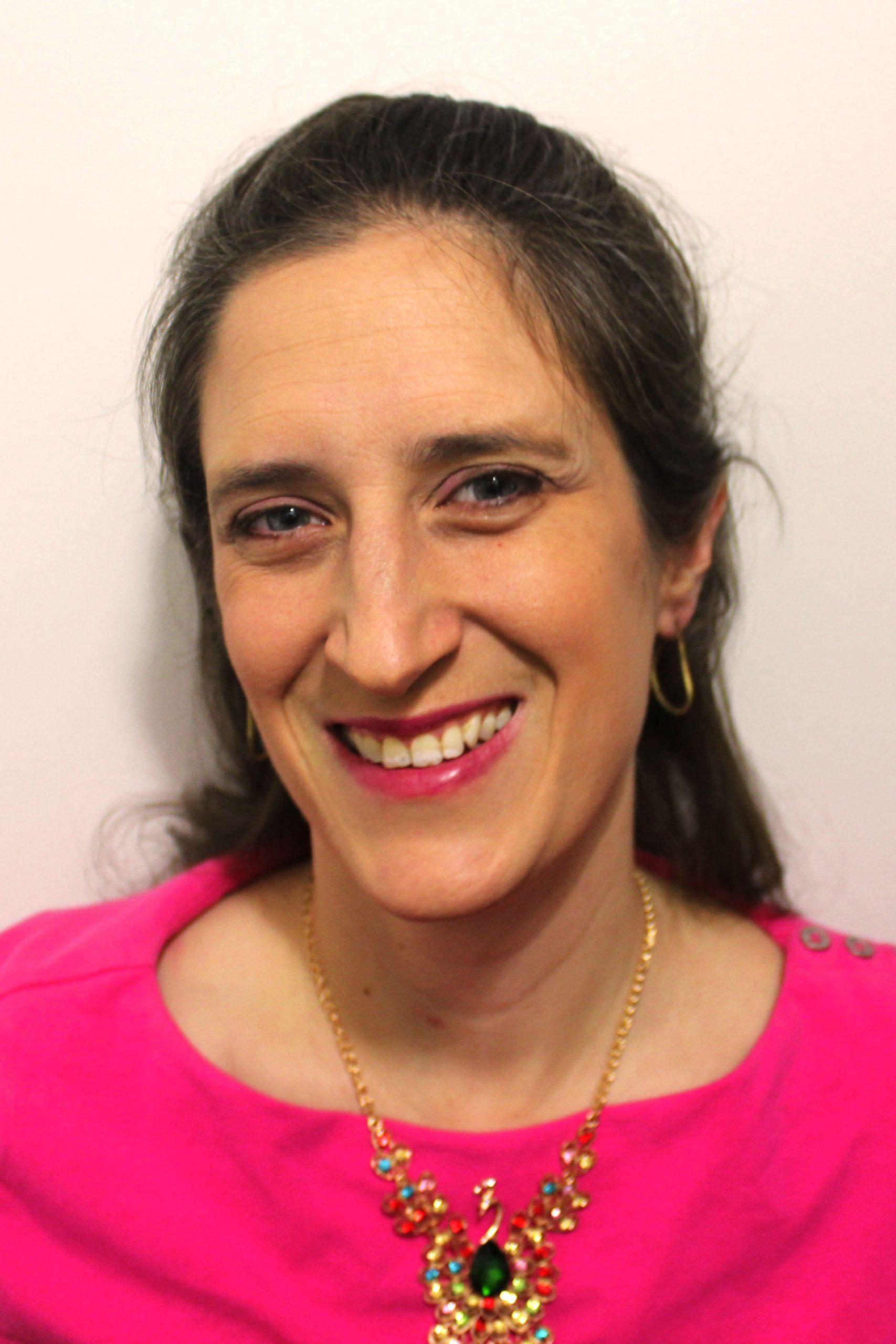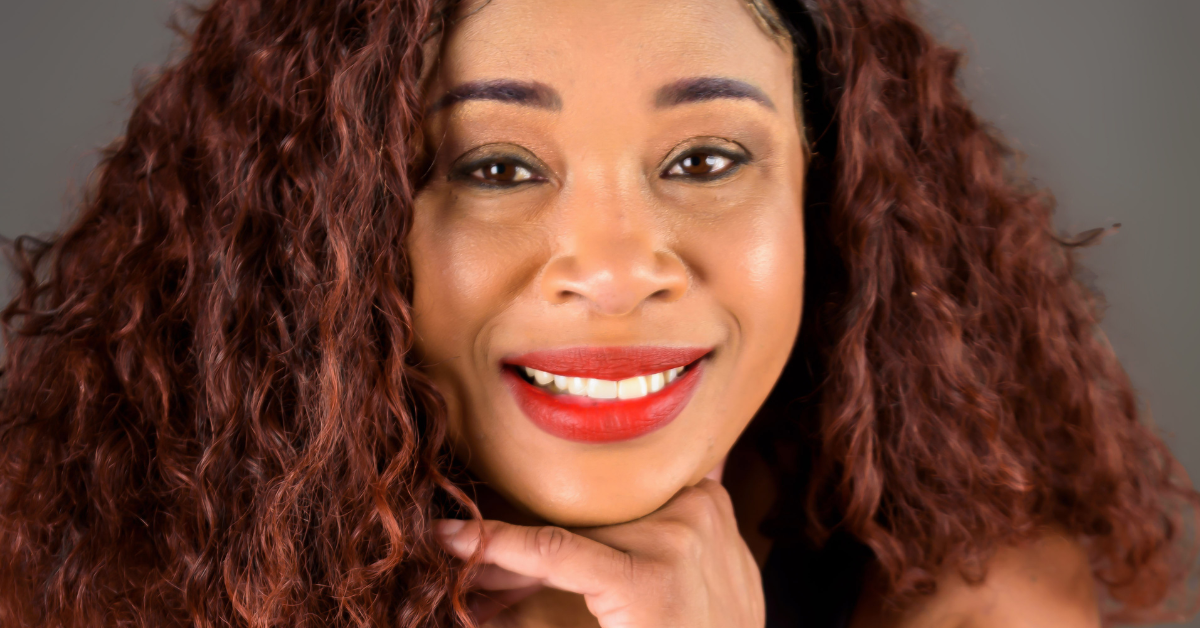What Amy Coney Barrett’s Supreme Court Justice Appointment Means For The Future Of Women’s Rights
No matter which political party you affiliate with, there has been much controversy on the potential appointment of Amy Coney Barrett to the Supreme Court. The now-Supreme Court Justice has been highly scrutinized by many commentators, dragging her personal life – including and especially her children – into the spotlight and focusing on her anti-abortion, anti-birth-control views.
What Is The Role Of a Supreme Court Justice?
Yesterday, Amy Coney Barrett, a Republican-leaning judge, was confirmed and sworn in as the Supreme Court Justice to fill the void left by Justice Ruth Bader Ginsburg. The role of Supreme Court Justice is that of judging legal situations to bring about equal justice in all cases. That means a Justice must be non-partisan and unbiased.
The justices are the final arbitrators of the law in the United States – there is no higher court than they. The Supreme Court was never supposed to be political, but both major parties have made it so. With Barrett’s appointment, the court is now more Republican than not.
Why Is Barrett’s Confirmation So Controversial?
The controversy over Barrett began with her nomination only two days after Justice Ginsburg’s passing on September 18 this year. Ginsburg let her last wishes be clear before her passing: that no one would be appointed to her position before the election in November this year.
Specifically, the nomination of Barrett brought controversy because of their divergent viewpoints. Ginsburg, a gender equality activist among other things, considered part of the moderate-liberal bloc opposed many of the gender biases in the legal system. Barrett, on the other hand, leans strongly to the right with uniformly conservative rulings on abortion, discrimination, immigration, and gun rights.
Barrett’s stance on birth control, abortion, and other women’s health issues that continue to be politicized, have sparked anxious discourse. Women across the nation are questioning if having another woman on the Supreme Court was actually a win or an atrocious loss for all.
It’s Not Just Roe Versus Wade On The Line
It’s important to note that despite Barrett’s successes (family, a position of power, etc.), she is not a feminist. Some media outlets dubbed her a “feminist icon” but “having it all” does not equate with fighting for the rights of other women, gender equality, or even healthy families.
According to many experts who’ve reviewed Barrett’s history as a judge, Roe v Wade is not the only issue that women should be aware of under threat with this new justice. Equal pay, affordable childcare, and the Affordable Care Act are all in danger now that the Supreme Court is unbalanced toward the right.









